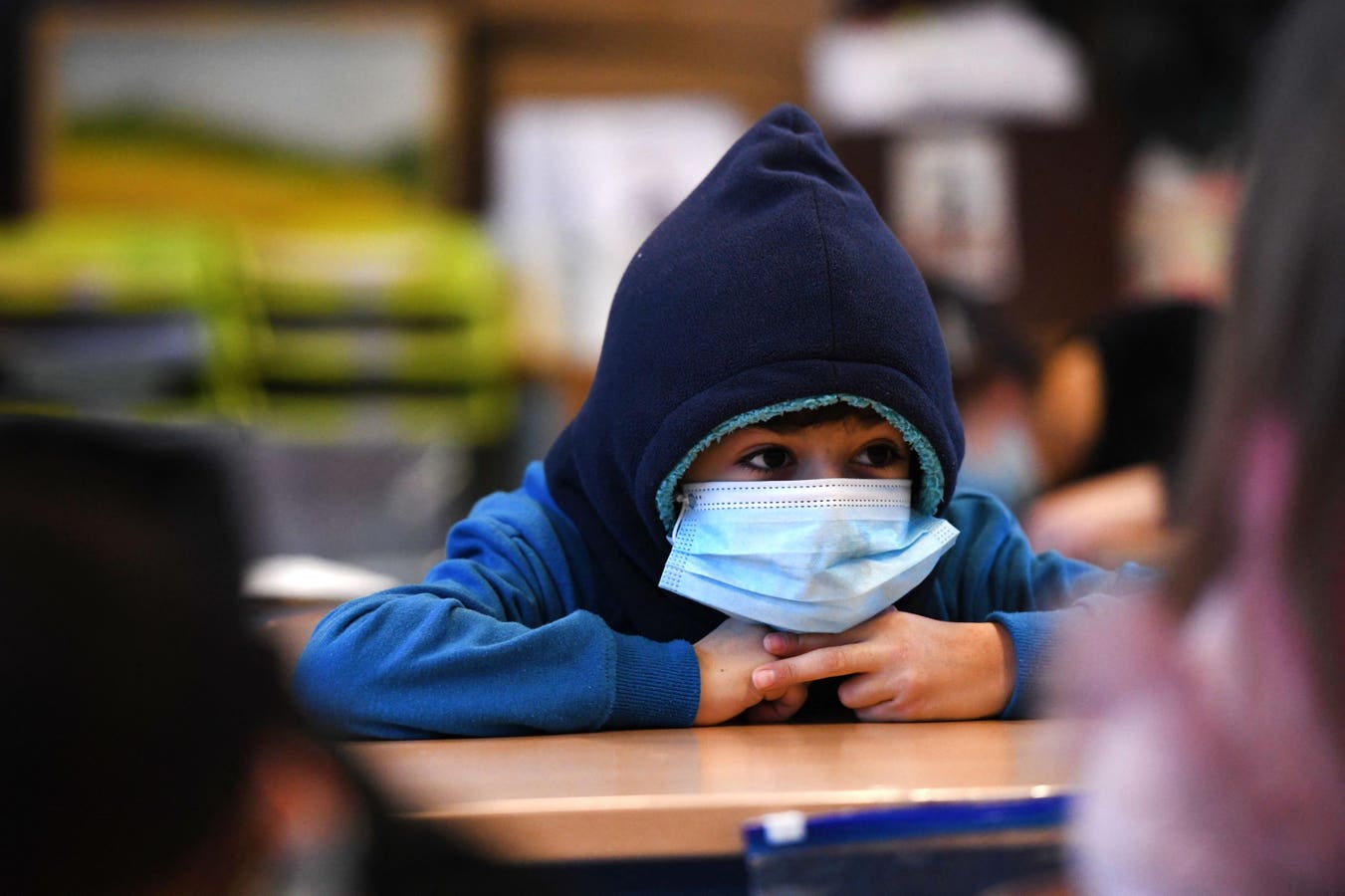A new Canada-based study of 2,344 children who tested positive for Covid-19 in pediatric emergency departments found that only 14 of them had long Covid symptoms.
In other words, 0.67% of children with positive tests met the World Health Organization’s definition of long Covid (which states the onset of symptoms is within three months of an infection and continues for at least two months).
Twelve months later, the children’s most common symptoms were respiratory in the form of congestion and recurrent infections. “The likelihood of having symptoms that reduce daily functioning was 0.5% greater among those who tested positive for SARS-CoV-2 infection compared with those who tested negative,” the researchers noted.
However, they admitted that a limitation of their study was that they were unable to follow-up with 30% of their participants and the ones who showed up were more likely to have been infected with the Omicron variant which is not strongly linked to long Covid. The study was published in JAMA Network Open on December 28, 2023.
Another 2023 study of 2368 children revealed that those who tested positive could be at a 1.6% increased risk of developing long Covid compared to children who did not get infected with the air-borne Covid-19 virus.
“Our findings, however, may be less generalizable to older children, as over 80% of study participants were younger than 8 years and in general, younger children are at lower risk of reporting post-Covid-19 condition (also known as long Covid),” the researchers of the JAMA study added.
A UK-based study published in the journal Archives of Disease in Childhood warned that 25% of adolescents who had Covid-19 were suffering from long Covid six months after getting infected. A 2022 German study stated that the prevalence of moderate or severe long Covid symptoms was 32% among adolescent girls at a 12-month follow-up.
Long covid symptoms include brain fog, debilitating fatigue, insomnia, dizziness, breathlessness, cough, headaches, gastrointestinal issues like stomach pain and diarrhea, loss of taste and/or smell, tinnitus, chest pain, sore throat, depression, anxiety, and joint pain. The more often someone gets re-infected with Covid-19, the higher their risks of suffering from long Covid.
At present, there are no definitive tests that can diagnose long Covid. In a World Health Organization news release published in October 2023, Selina Kikkenborg Berg, a Denmark-based nurse, cardiac specialist and long Covid researcher said: “We know that long COVID is real and that it also exists in children. It is very difficult to diagnose because there are so many symptoms and they cluster in very different ways.”
“We see that children are getting sent from one expert to the other because symptoms are being looked at one at a time. This is because it’s so hard to know that there was even a viral infection or COVID-19 going on prior to the symptoms emerging,” Berg added in the news release. “For parents, this can have a huge impact on their own quality of life, not knowing what’s going on with their child. Some parents have to quit their jobs for a while or work from home to take care of their children, so it has a huge impact on the whole family.”
Read the full article here





